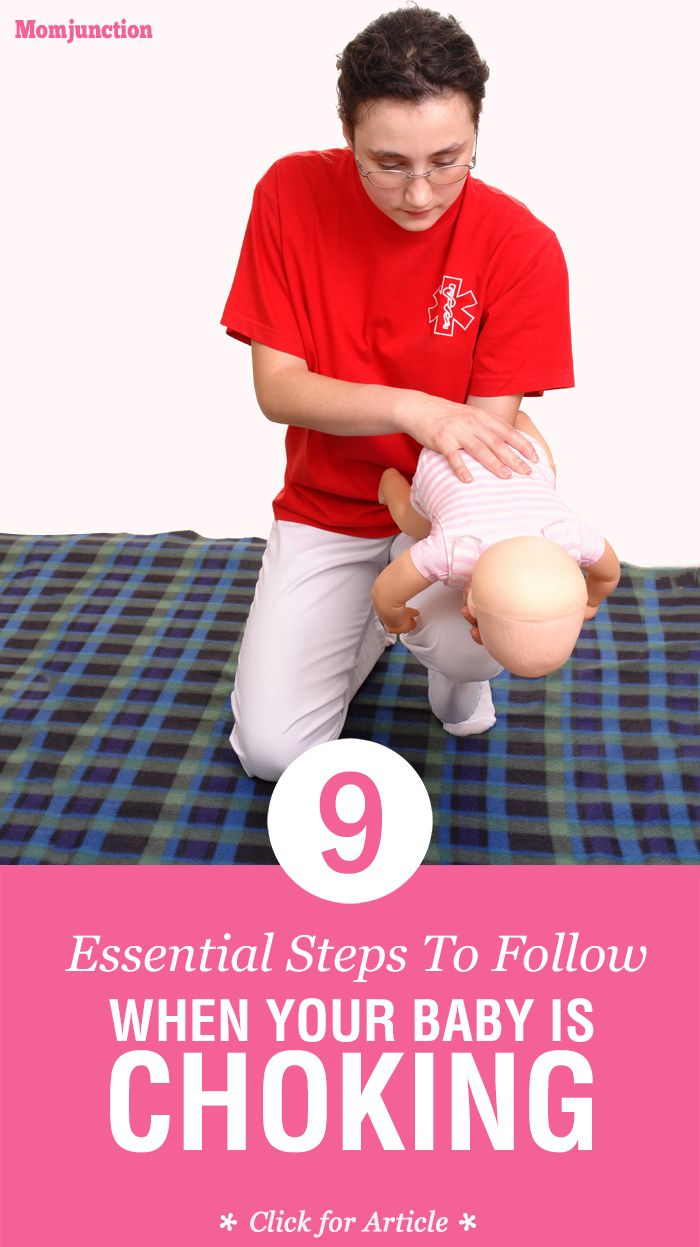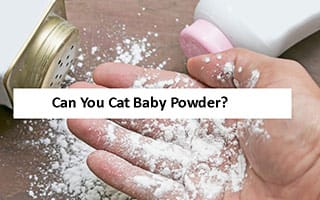What To Do When Baby Chokes On Milk
Babies are delicate beings, and as parents or caregivers, it can be distressing to see them choke on milk. Knowing what to do in such a situation is crucial for the baby’s safety and well-being. This comprehensive guide will provide you with all the information you need to handle a choking baby effectively.
Knowledge
When a baby chokes on milk, it can be a terrifying experience. The first thing you need to do is stay calm. Panicking will only make the situation worse. Make sure to keep the baby in an upright position and support their head and neck. This will help the milk flow out more easily.
If the baby is coughing or gagging, encourage them to keep coughing to try and dislodge the milk. Avoid patting the baby on the back forcefully, as this can cause the milk to go further down the airway. If the baby is not able to cough and is struggling to breathe, you may need to perform back blows and chest thrusts.
To perform back blows, place the baby face down on your forearm and support their head. Use the heel of your hand to give up to five sharp blows between the baby’s shoulder blades. If the milk does not come out, turn the baby over and perform up to five chest thrusts. Place two fingers in the center of the baby’s chest and push inwards and upwards.
It is essential to remember that if the baby is still choking after attempting back blows and chest thrusts, you should call emergency services immediately. Do not attempt to remove the milk yourself if the baby is unconscious.
Conclusion
In conclusion, knowing what to do when a baby chokes on milk is vital for every parent or caregiver. By staying calm, keeping the baby upright, and knowing how to perform back blows and chest thrusts, you can help save a baby’s life in a choking emergency. This information is crucial for all parents and caregivers to have, as it can make a significant difference in the outcome of a choking incident.
Remember, always seek medical help if the baby is still choking after your attempts to dislodge the milk. Being prepared and knowing the proper steps to take can mean all the difference in a potentially life-threatening situation.






